
Minister Unveils Ambitious Initiative to Transform Refugees, Host Communities in Western Uganda
The Minister of State for Youth and Children Affairs Sarah Nyirabashitsi Mateke presided over the regional launch of the Jobs and Livelihoods Integrated Response Plan (JLIRP) for Refugees and Host Communities in Western Uganda.
During the event held at Lake View Hotel in Mbarara City on Thursday, August 24, the Minister described it as a comprehensive plan aimed tackling a wide array of livelihood challenges that have affected refugees and host communities across Uganda. Among these challenges are limited land access, the impacts of climate change, the informalization of Medium and Small Enterprises (MSEs), unemployment, Gender-based Violence, reduced food availability, declining donor support, and the enduring repercussions of the COVID-19 pandemic.
“The JLIRP has been carefully crafted as a strategic response to these formidable issues, with a focus on achieving a secure, self-reliant, and resilient environment for both refugees and their host communities.” the minister said. She added that the plan focuses on five key strategic areas including building social cohesion, promoting entrepreneurial-led development and market growth, strengthening food, nutrition, and income security, increasing access to market-relevant skills, and providing social protection to reduce vulnerability.
Minister Mateke further revealed that the initiative had been developed collaboratively since 2018, involving government bodies, private sector entities, and district local governments in refugee-hosting areas. The plan specifically covers four refugee hosting districts in the Western region, namely Kikuube, Kyegegwa, Isingiro and Kamwenge, while also covering other districts including Madi Okollo, Terego, Yumbe, Obongi, Kiryandongo, Lamwo, Kampala, and Koboko.
In remarks read for him by the Plan’s Focal Point at the Ministry of Gender, Labour and Social Development Lucy Otto, the Permanent Secretary Aggrey David Kibenge disclosed that the plan is costed at Shs608 billion over a 5-year implementation period ending 2025. “The Plan is poised to reshape the future of refugees and host communities in Uganda, offering a path to increased self-reliance, resilience, and prosperity for all stakeholders involved,” Kibenge said.
The implementation of the JLIRP is spearheaded by six sector leads: the Ministry of East Africa Affairs, Uganda Business and Technical Examinations Board, Ministry of Education and Sports, Ministry of Agriculture, Animal Industry and Fisheries, Ministry of Trade, Industry and Cooperatives, and the Ministry of Local Government, with the Ministry of Gender, Labour and Social Development hosting the Secretariat. Kibenge appreciated the support from international agencies such as UNDP, UNHCR, WFP, World Bank, FAO, ILO, EU, BMZ, DFID, CRRF, and USAID, emphasizing that such collaborations are essential to adequately address self-reliance issues among refugees and their host communities.
Uganda currently hosts over 1.5 million refugees and about 6 million host community members.
Links
- 80 views

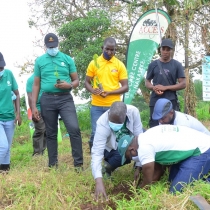





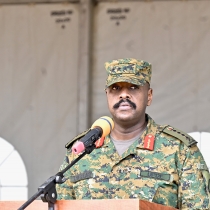
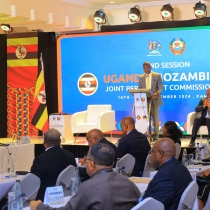
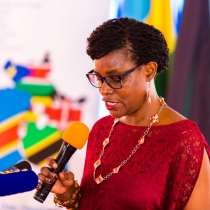
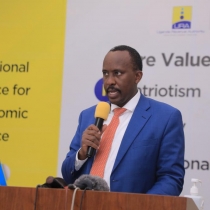
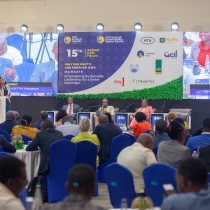
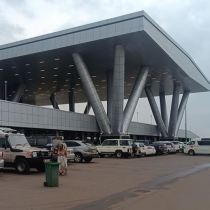
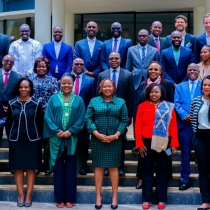
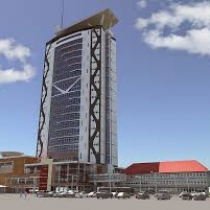

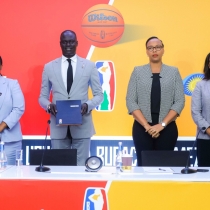




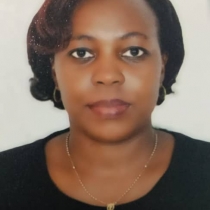

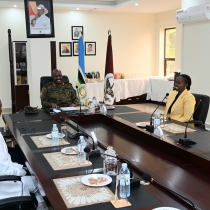








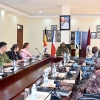





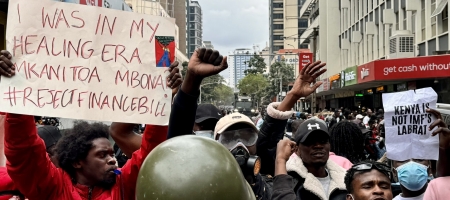




Join the conversation